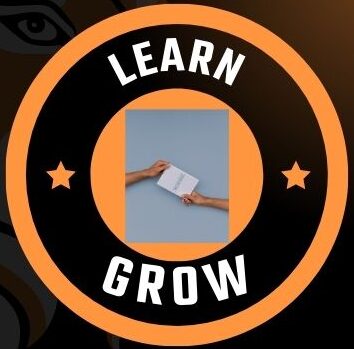
Are you one of the many Americans living paycheck to paycheck, struggling to save for unexpected expenses, and maxing out your credit cards? Financial insecurity can cause significant stress, regardless of your income level. But the good news is that financial security is achievable with the right knowledge and habits. In this article, we’ll explore the fundamental aspects of financial literacy and provide you with a checklist of things you need to understand to be financially literate.
Understanding Basic Financial Living
At the core of financial literacy is understanding how money works in your daily life. This means creating a budget, managing your expenses, and ensuring you’re not spending more than you’re earning. The first step to achieving financial security is understanding your income, which can come from a job, investments, or other sources.
Career Choices and the Law of Comparative Advantage
The Law of Comparative Advantage can be a useful guide when making career choices. It suggests that you should focus on what you do well, enjoy, and what others value highly. By doing so, you can maximize your earning potential and build a successful career.
Managing Your Money
Managing your money is just as important as earning it. Expenses refer to the money you spend, including bills, rent, groceries, and other essentials. To achieve financial security, your expenses must be lower than your income. The 50-30-20 rule is a helpful budgeting tool that suggests 50% of your income should go towards bills and housing, 30% towards finances (such as paying off debt or saving), and 20% towards entertainment or going out.
Creating Value for Yourself
In the real world, creating value for others is how you get paid. It’s crucial to focus on creating value for yourself in the job market. Even if you’re working a minimum wage job or volunteering, you can differentiate yourself from others by working harder and smarter. By doing so, you can create more value for yourself and increase your earning potential.
Building Assets and Saving
Assets refer to things you own, such as a savings account, a house, or a car. Building assets starts with saving. Even high school students with part-time jobs can benefit from saving, as it helps to form good financial habits early on. The more you save, the more assets you can accumulate over time.
Conclusion
In conclusion, financial literacy is essential for achieving financial security. By understanding basic financial living, managing your money, creating value for yourself, and building assets, you can take control of your finances and reduce your stress levels. The checklist we’ve provided in this article is an excellent starting point for anyone looking to improve their financial literacy. With the right knowledge and habits, you can achieve your financial goals and secure your financial future.
